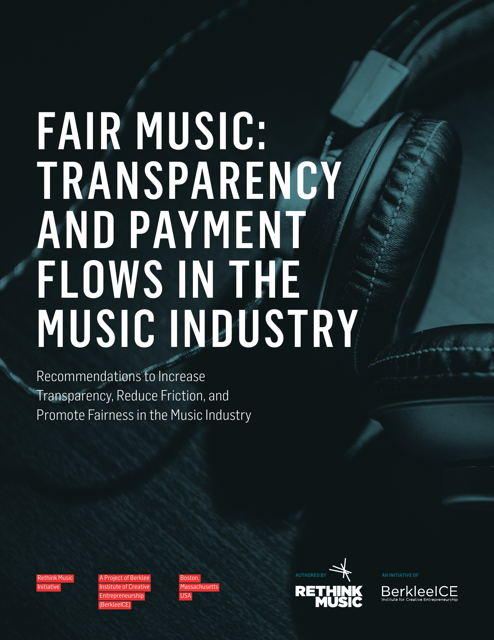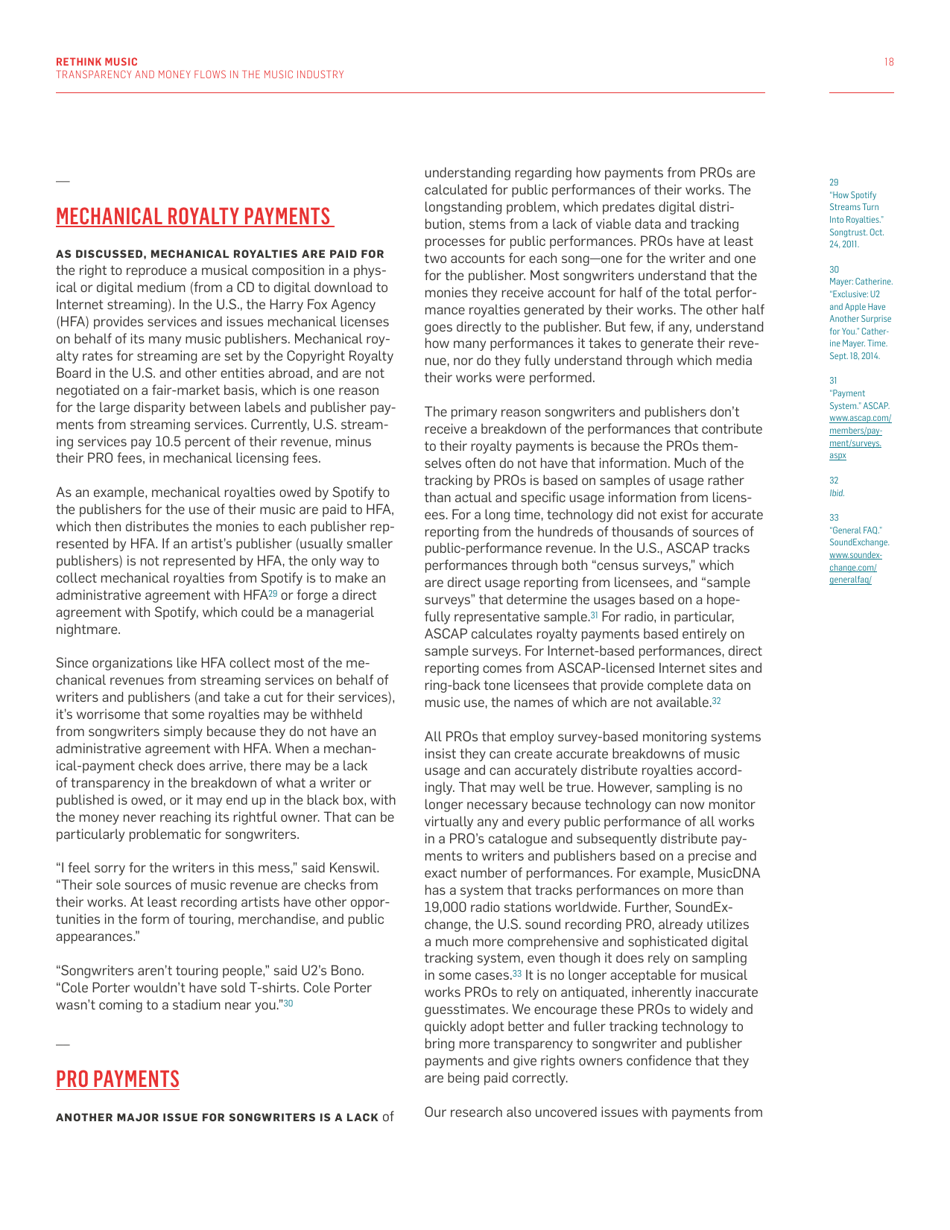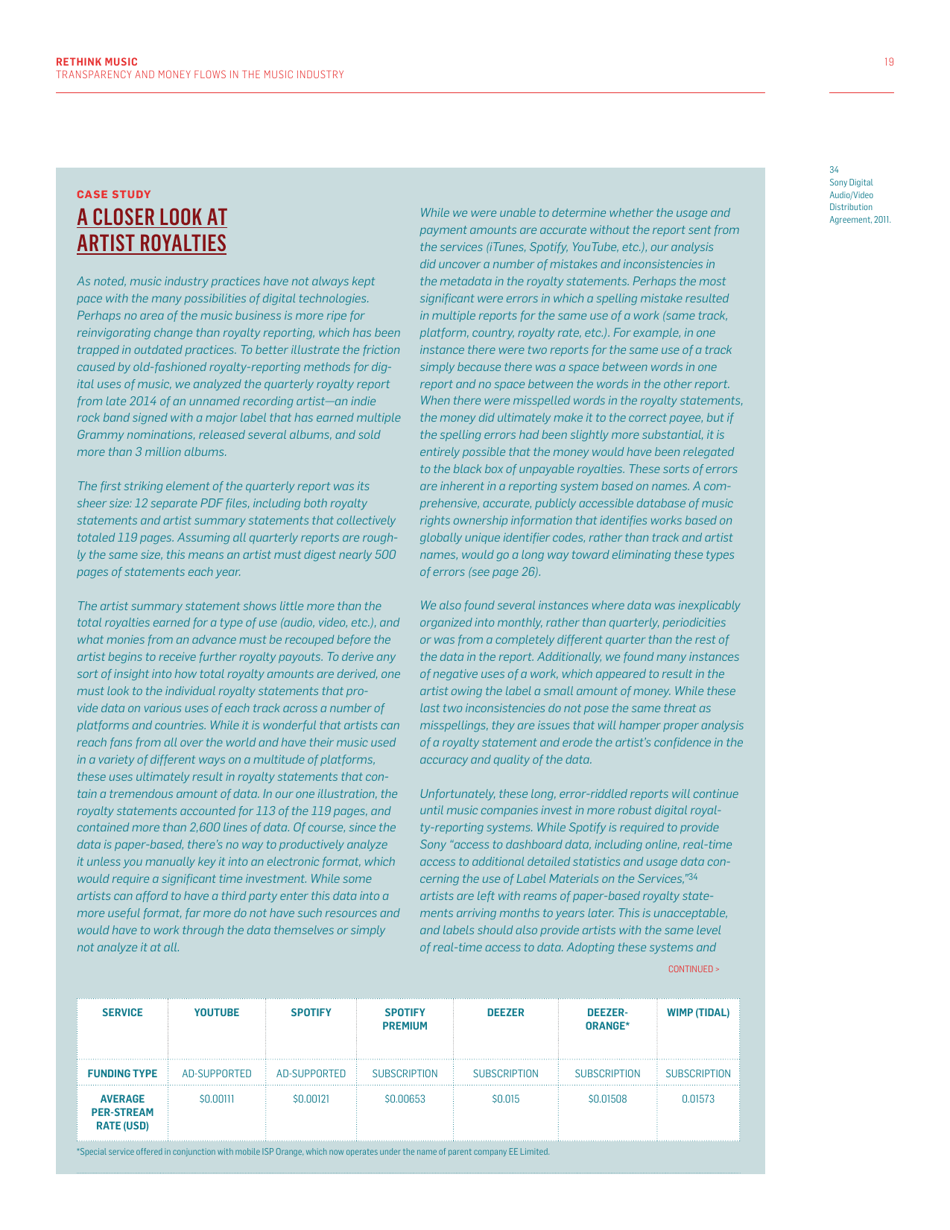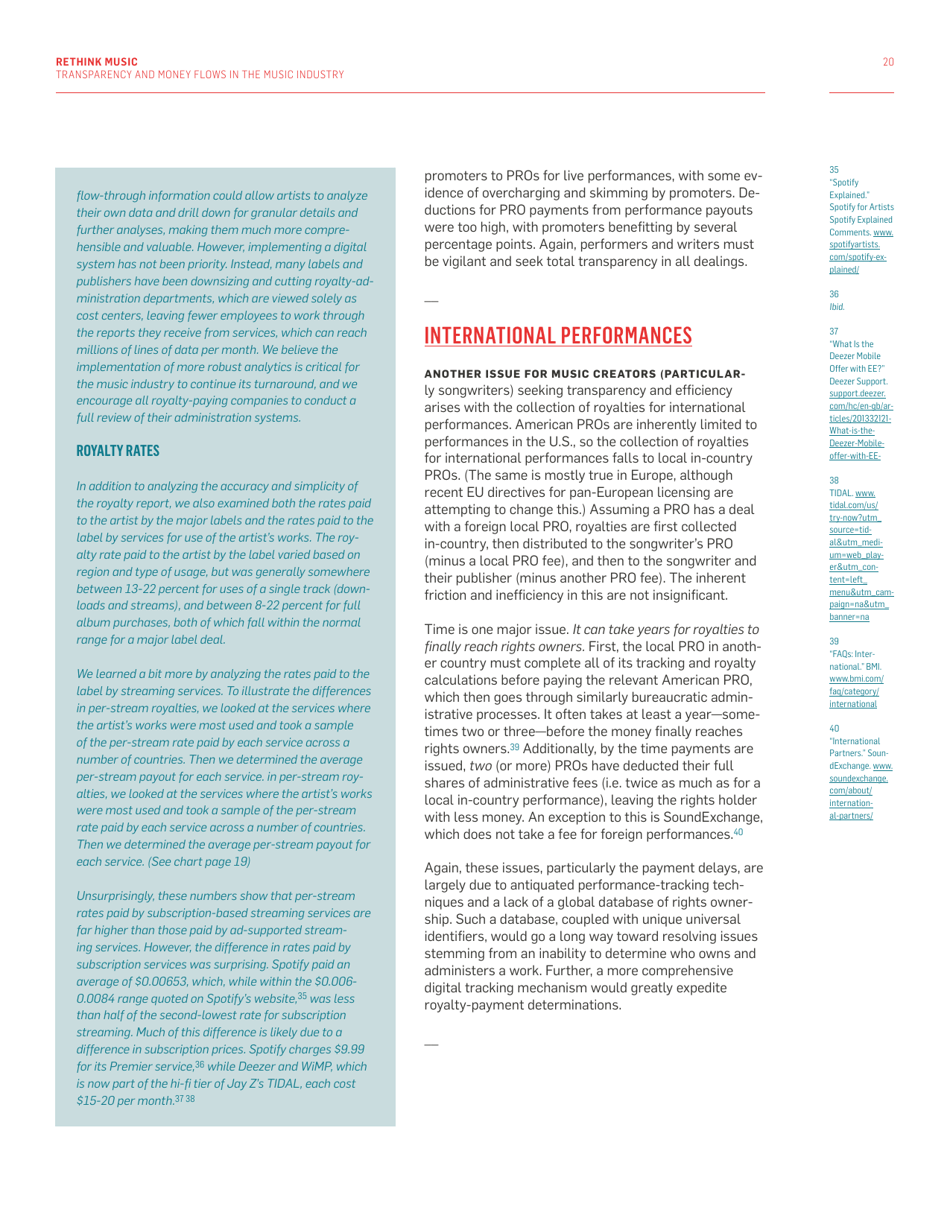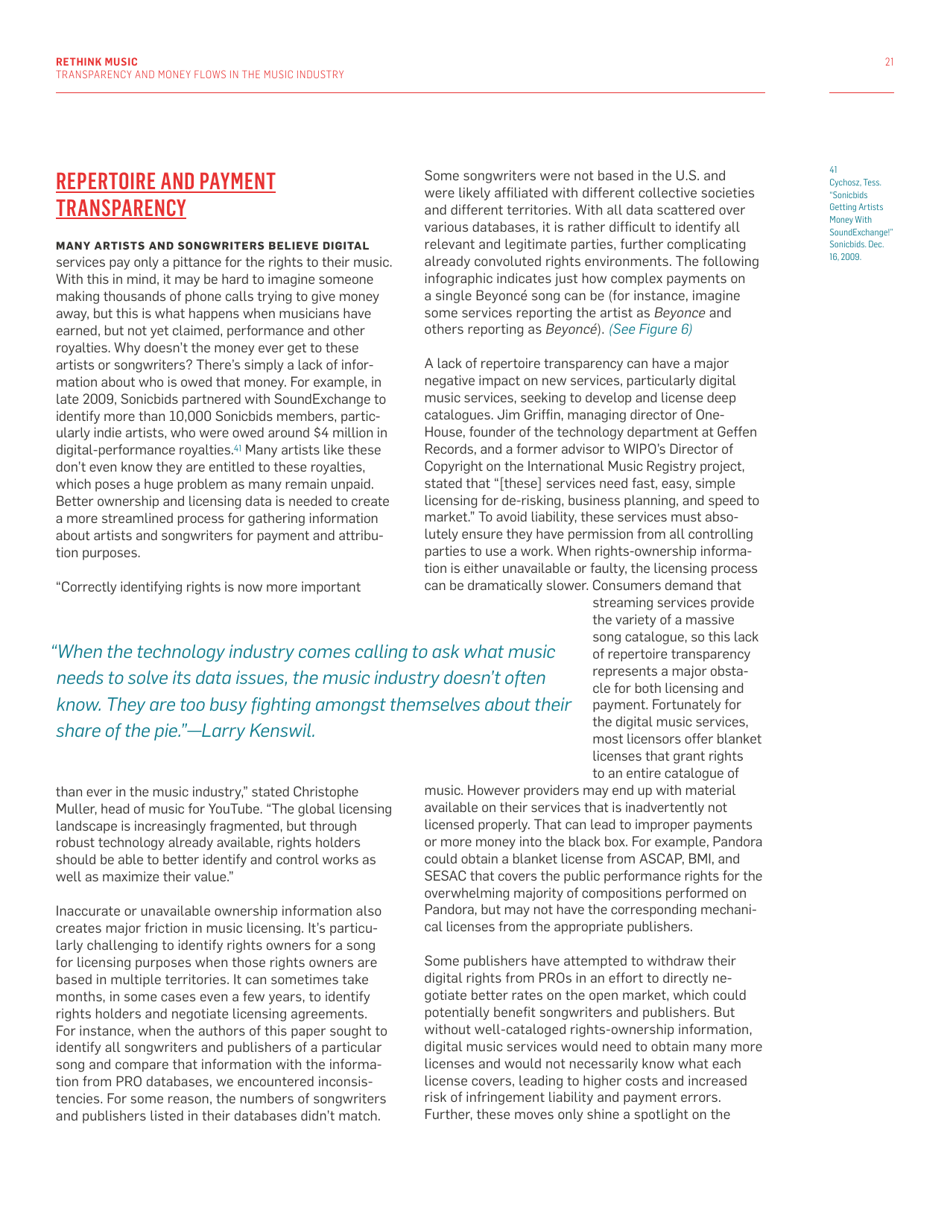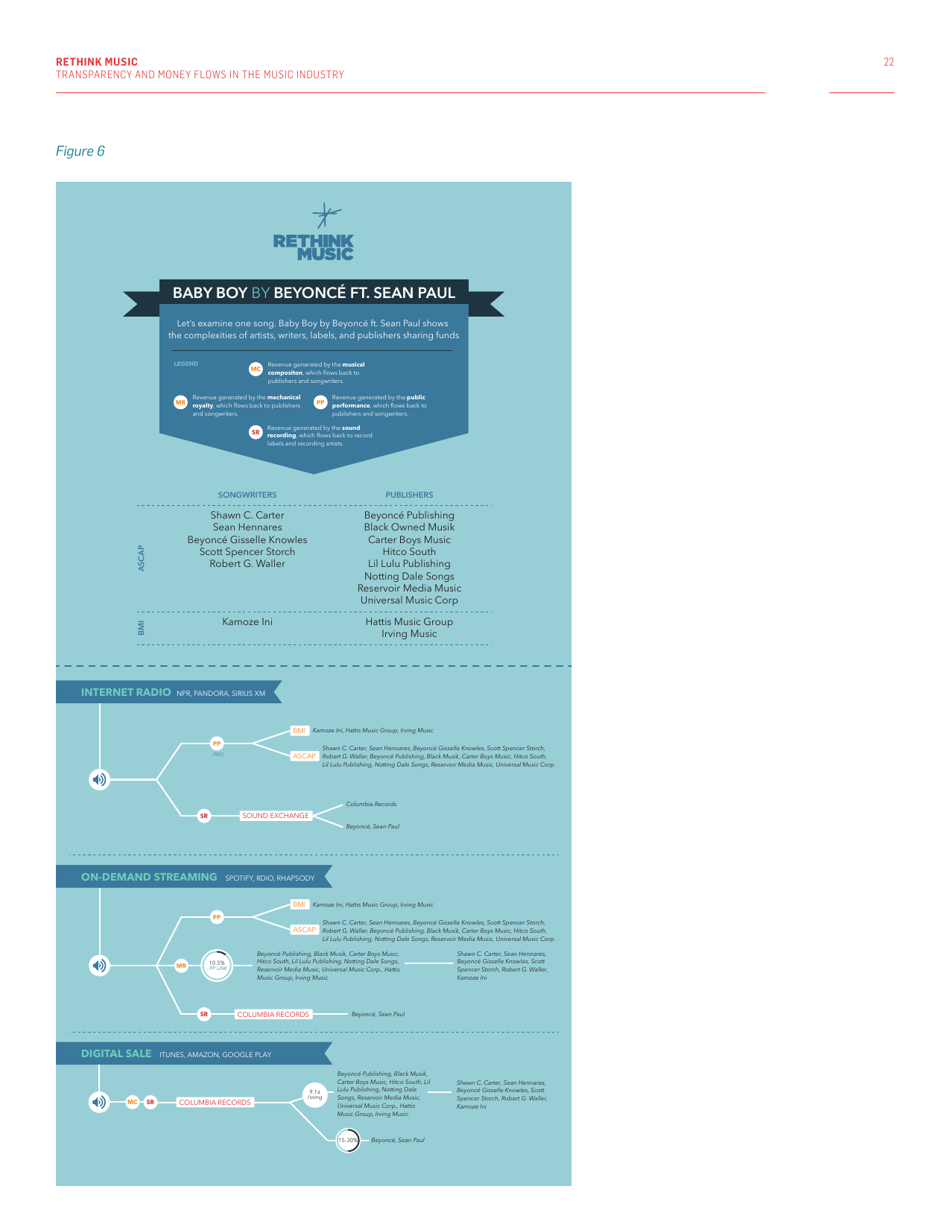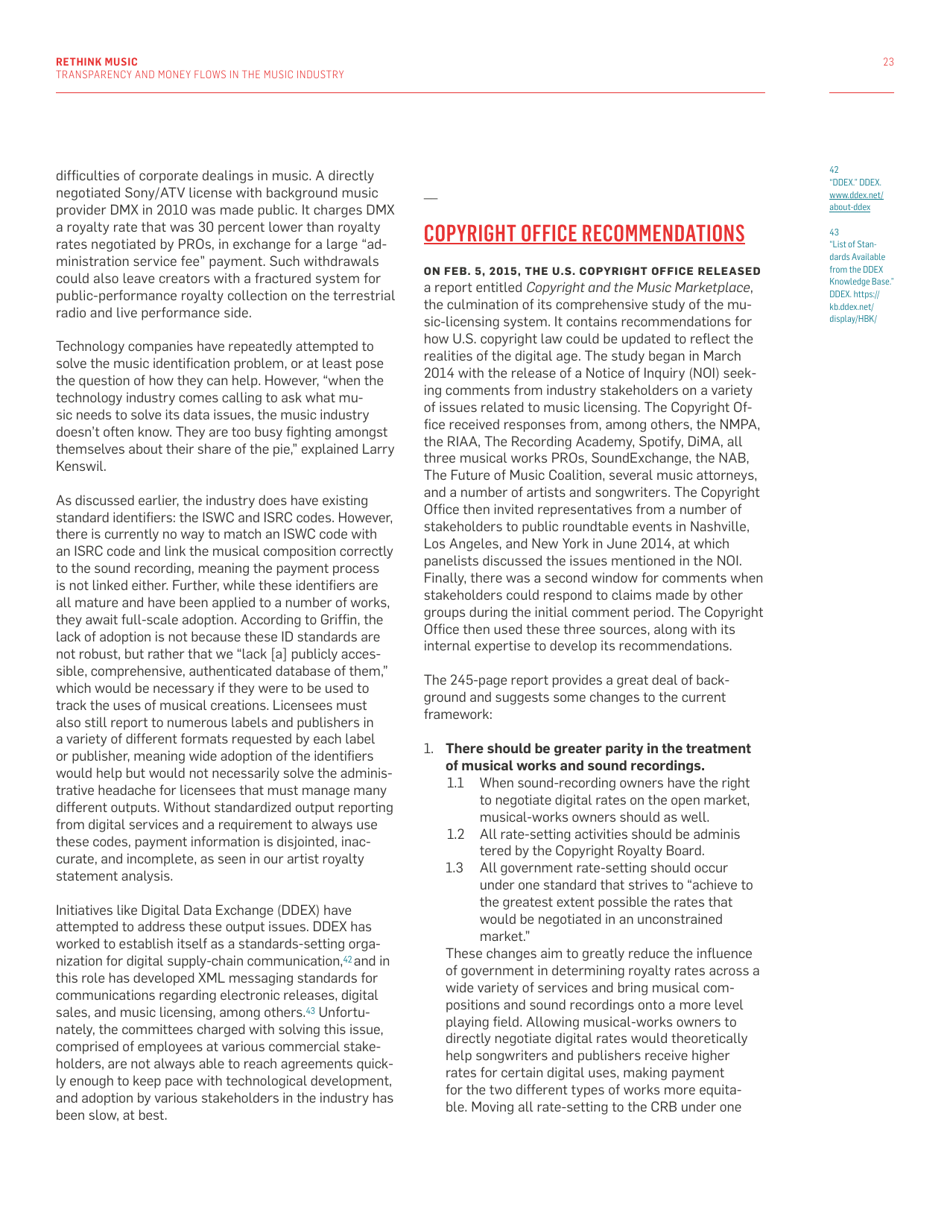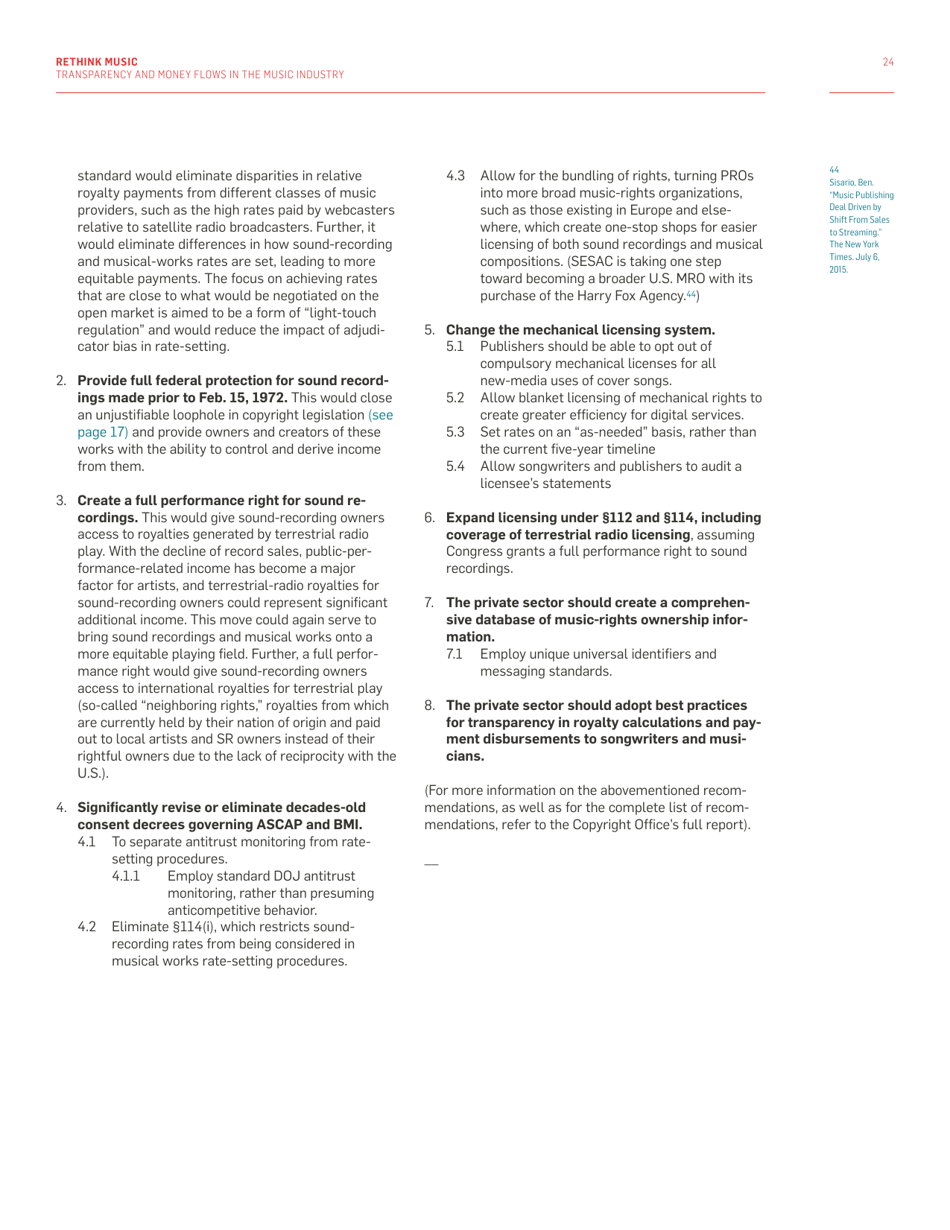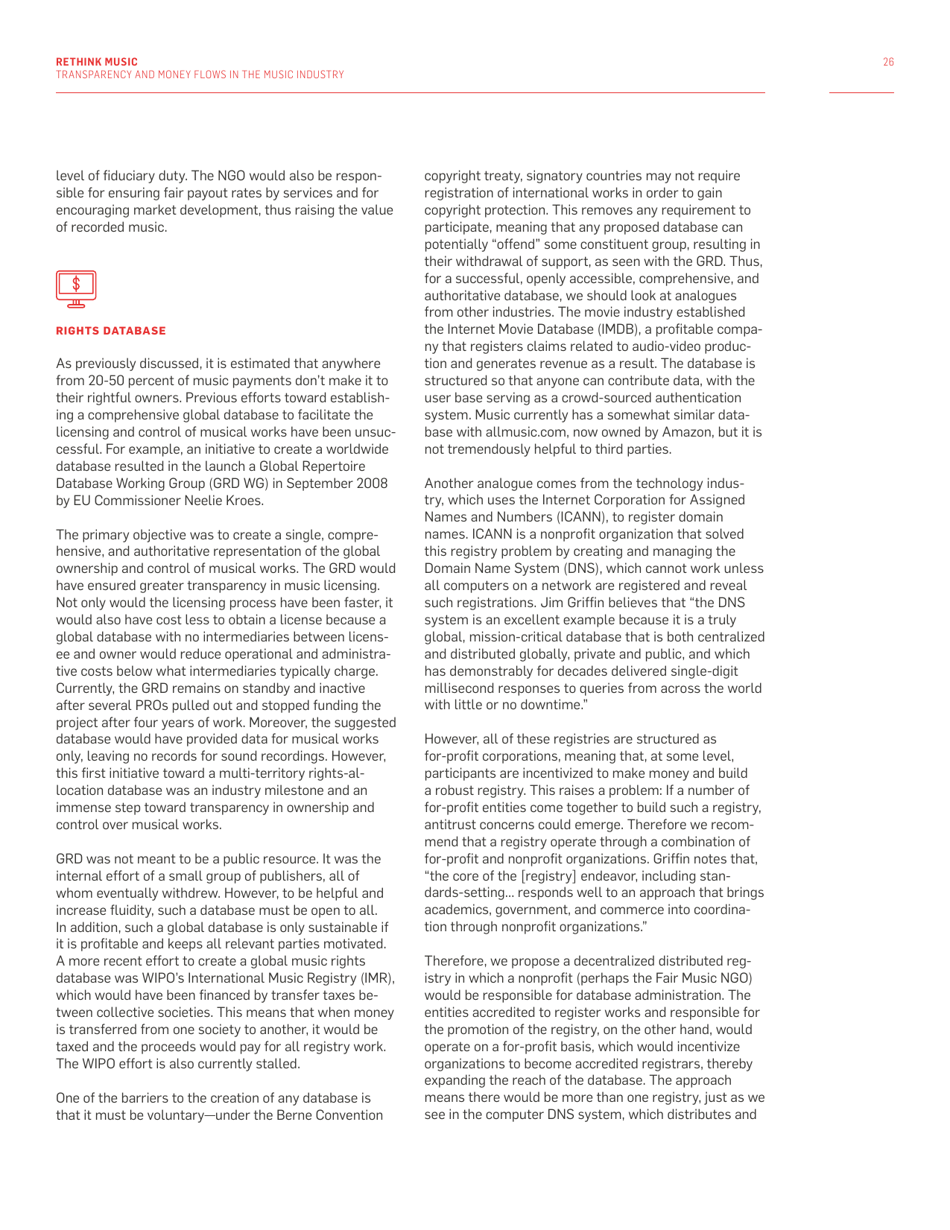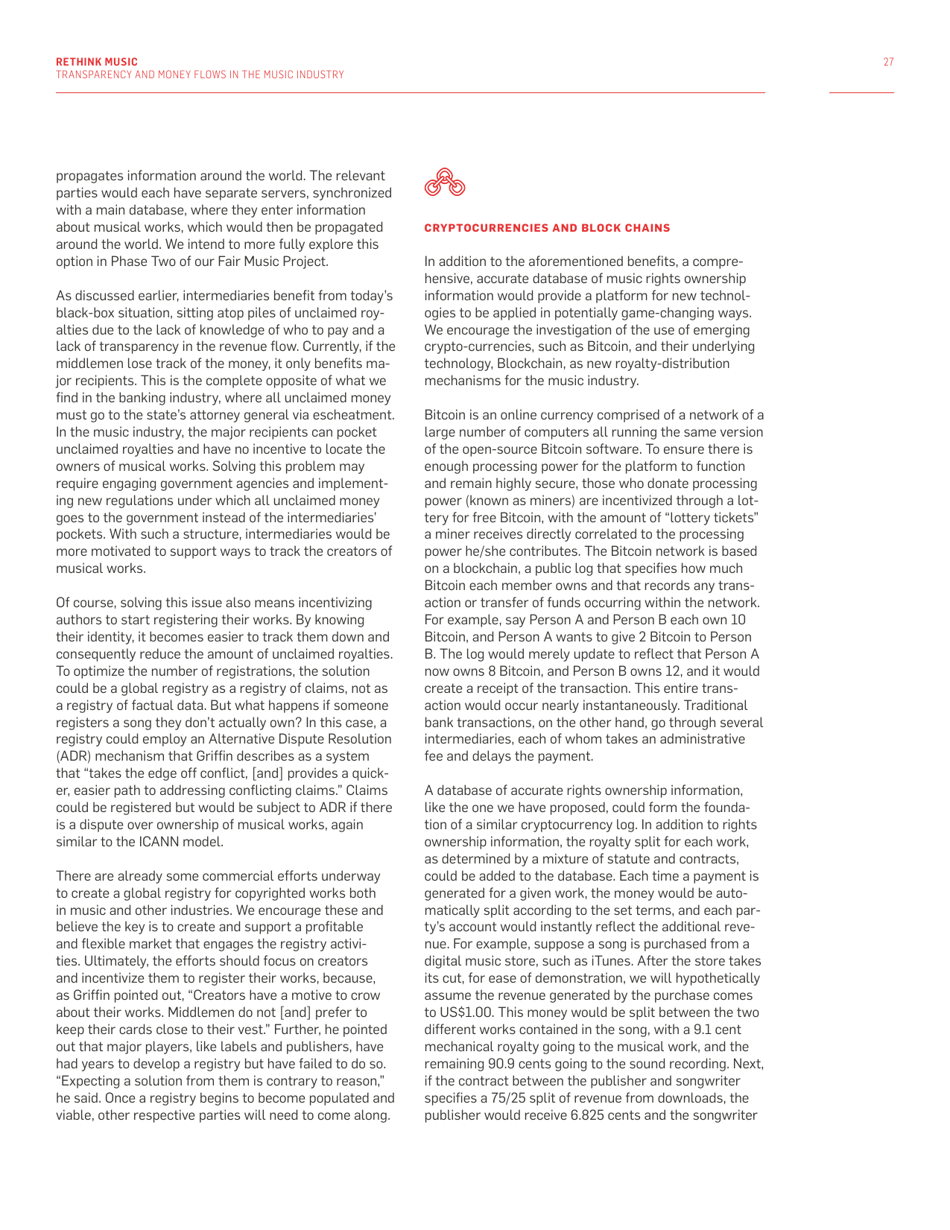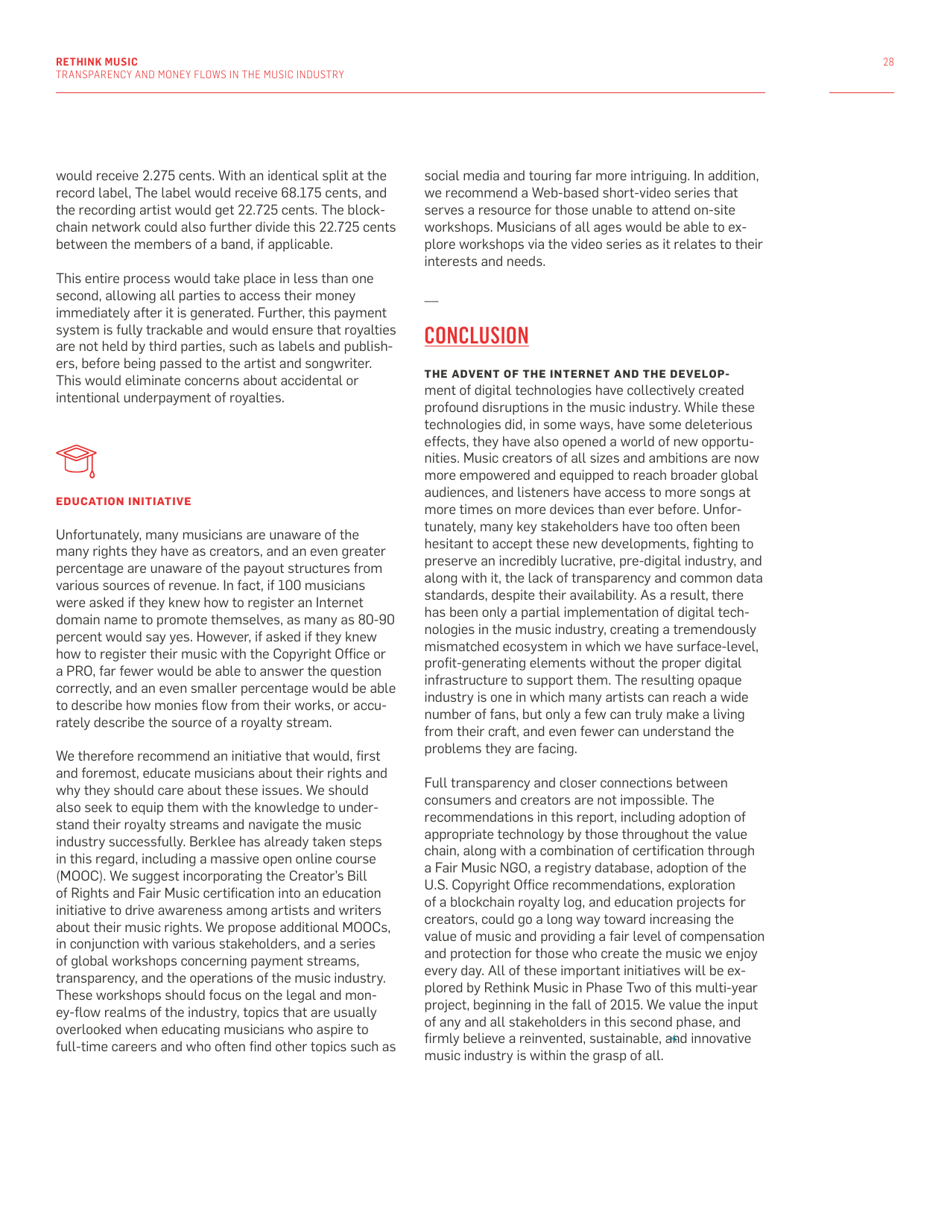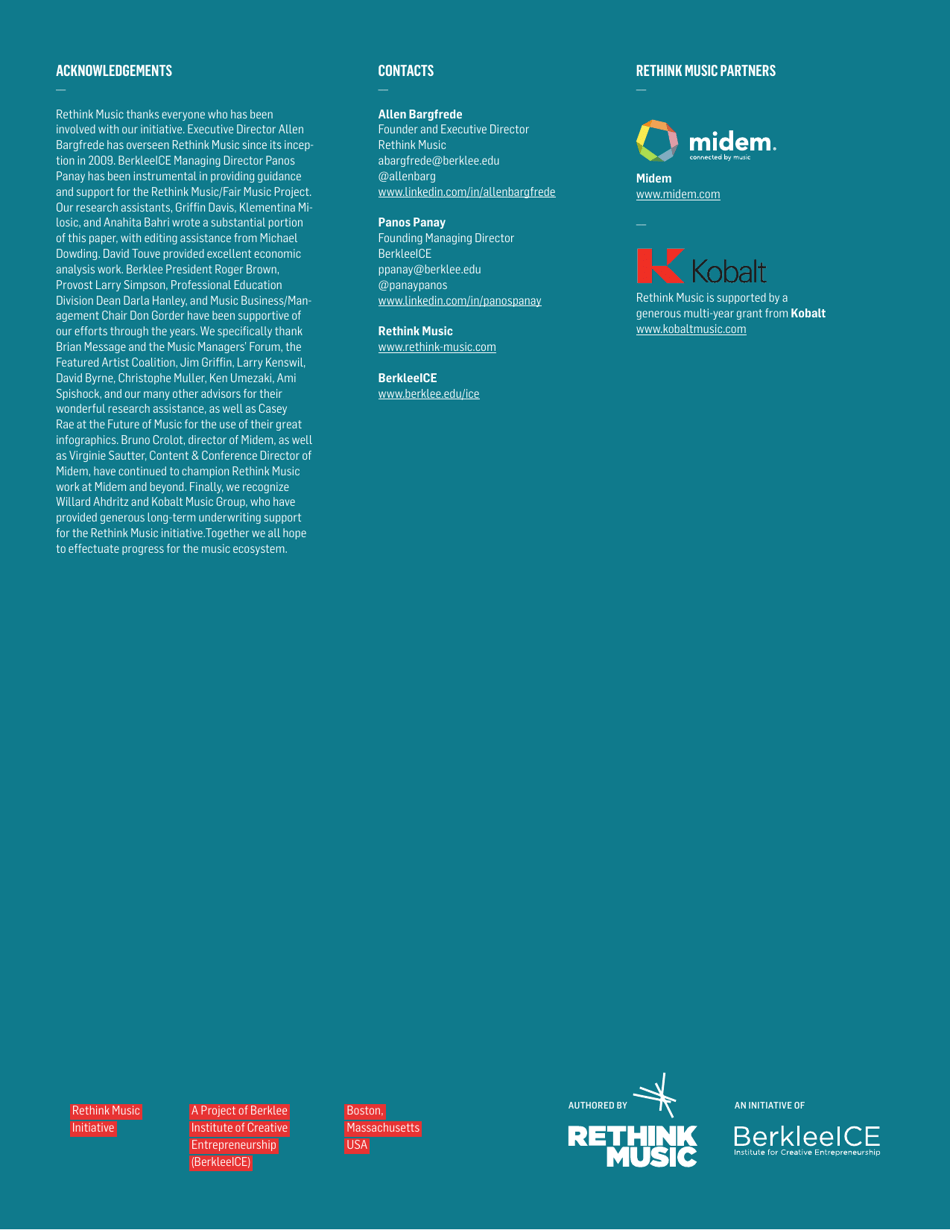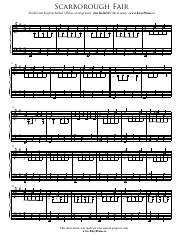Fair Music: Transparency and Payment Flows in the Music Industry - Recommendations to Increase Transparency, Reduce Friction, and Promote Fairness in the Music Industry - Massachusetts
"Fair Music: Transparency and Payment Flows in the Music Industry - Recommendations to Increase Transparency, Reduce Friction, and Promote Fairness in the Music Industry" is a document prepared in Massachusetts. It aims to provide recommendations and strategies to improve transparency, reduce difficulties, and ensure fairness in the music industry. The document intends to address issues related to payment flows and transparency in the Massachusetts music industry specifically.
FAQ
Q: What is Fair Music?
A: Fair Music is a set of recommendations to increase transparency, reduce friction, and promote fairness in the music industry.
Q: Why is transparency important in the music industry?
A: Transparency is important in the music industry to ensure that artists and creators are fairly compensated for their work.
Q: What are the recommendations to increase transparency in the music industry?
A: The recommendations include making payment flows more transparent, providing clearer information about revenue streams, and promoting fair dealings between stakeholders.
Q: What is meant by reducing friction in the music industry?
A: Reducing friction means reducing barriers and obstacles that prevent fair and efficient payment flows in the music industry.
Q: How can fairness be promoted in the music industry?
A: Fairness can be promoted by ensuring that all stakeholders, including artists, songwriters, and producers, are treated equitably and receive fair compensation for their contributions.
Q: Who developed the Fair Music recommendations?
A: The Fair Music recommendations were developed in Massachusetts.
Q: What is the objective of the Fair Music recommendations?
A: The objective of the Fair Music recommendations is to create a more transparent, friction-free, and fair music industry.
Q: What impact could the Fair Music recommendations have?
A: Implementing the Fair Music recommendations could lead to fairer compensation for artists, increased trust among stakeholders, and a more sustainable and thriving music industry.
